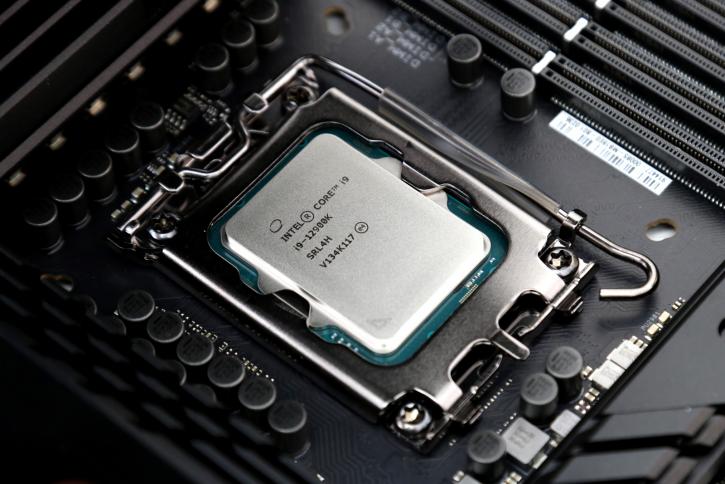Well we know now how they will bridge the long wait to Zen4 on AM5 Q4 2022.
Production start for V-cache is end this year so too early for Zen4 so this is certainly coming to AM4.
+15% Lisa said is "like an entire architectural generation"
Production start for V-cache is end this year so too early for Zen4 so this is certainly coming to AM4.
+15% Lisa said is "like an entire architectural generation"
Last edited:








